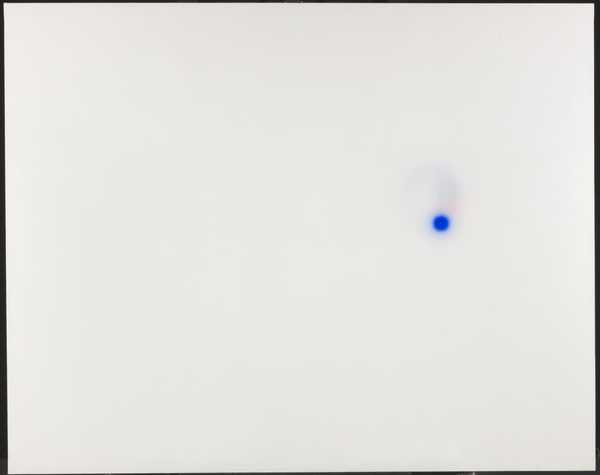And, indeed, the resultant quality of the art that is experienced by the world at large.
And by 'art' we should be clear that we don't just mean pictures. We're talking about human imagination and creativity, which will only be made by a tiny few, and purchased by a privileged elite. Original art will become like Ferrari or Rolex--limited quantity, long waiting lists, and extremely expensive; or just the vase your cousin made in her spare time and gave you for your 40th birthday. Is that really what we want?
(Apparenlty, yes; lots of people in this thread seem to want exactly that).
Except that art is easy to reproduce and achieve the same effect (while no two people can drive the Ferrari at the same time). Most of my enjoyment of art doesn't rely on owning it: while I do enjoy seeing a play, I must confess that I spend more time watching copies of acting through Netflix or by going to a theater, I read most of my books from a public library and most art I look at is in museum (or by looking at Wikipedia pages about them), not hanging from walls in my house.
While I can see that your concern is that society will be exposed to less art if there is no financial incentive to producing art, I am not yet convinced that "having mass produced AI creation leads to reducing the demand for human-made art" will lead to this consequence.
There are other ways of providing a financial support other than relying on people being tempted into turning their creative endeavour into a job to ensure their livelihood. If anything, in our societies where there soon will be more retired people than active people, the majority of the pool of prospective artists will be free to create without financial constraint.
Last edited:



